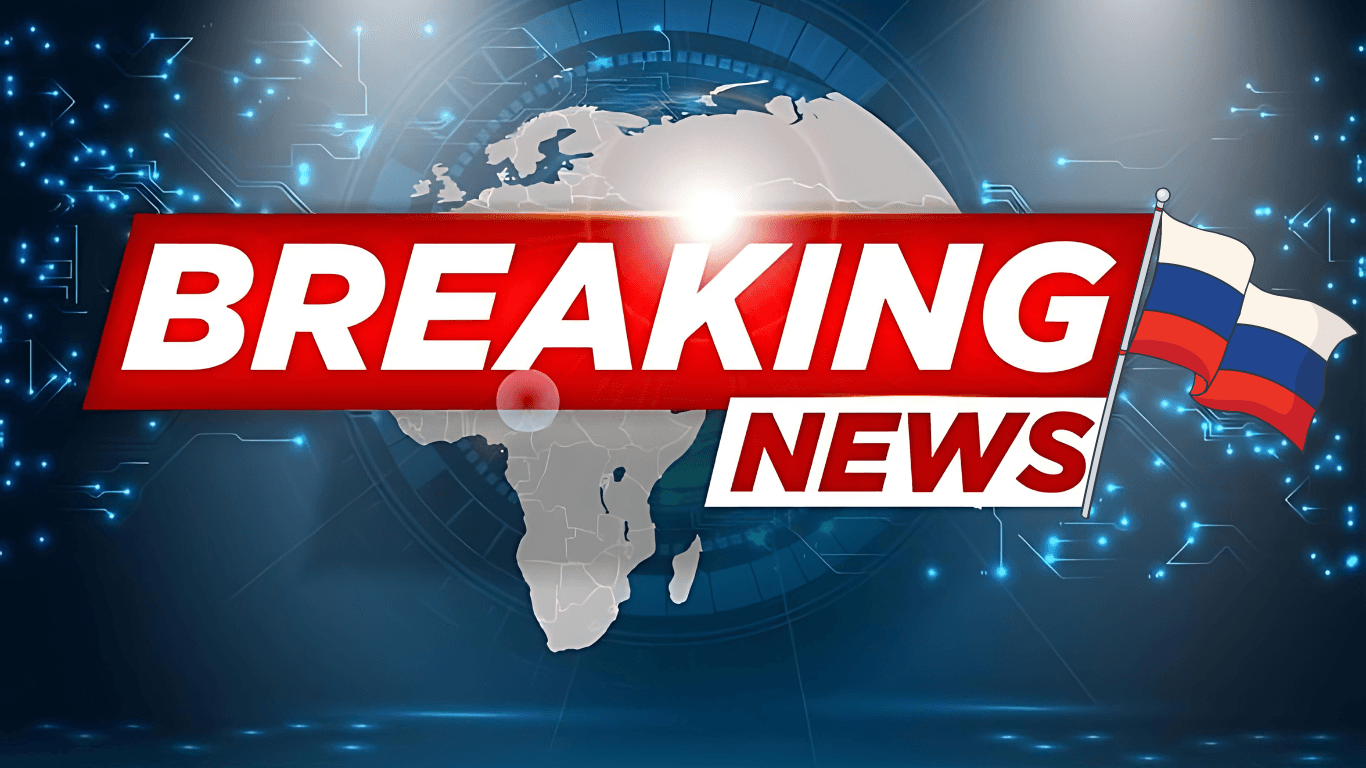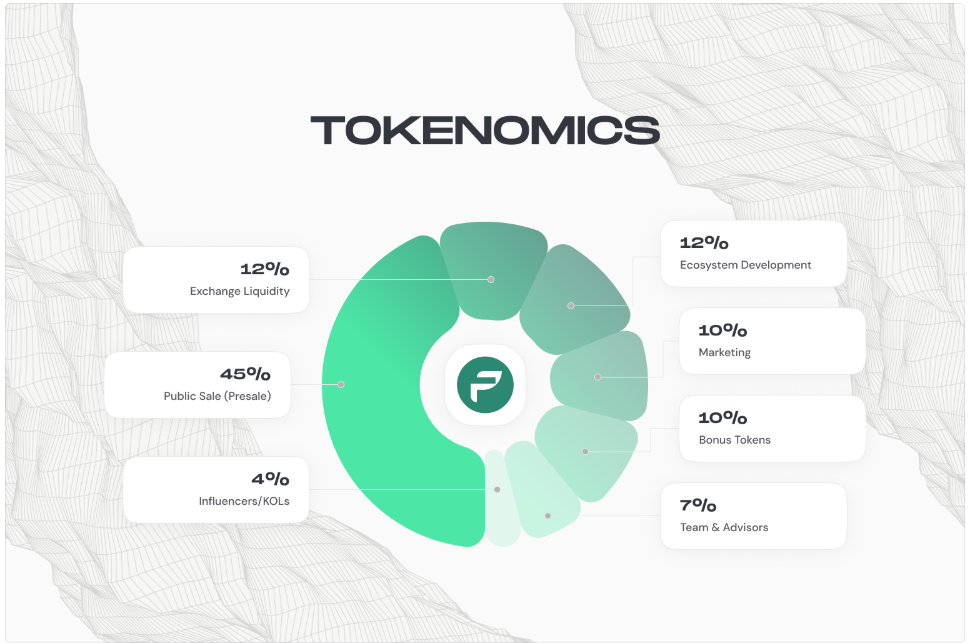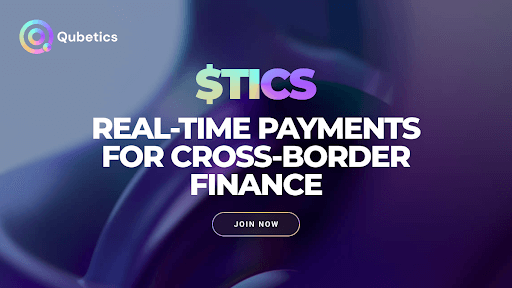The U.S. Supreme Court has denied Binance and its founder Changpeng Zhao’s attempt to avoid a crypto lawsuit. This class action, which centers on allegations of selling unregistered tokens that lost significant value, highlights the ongoing legal battles in the cryptocurrency world. This article explores the details of the lawsuit, the court’s decision, and its broader implications for Binance and the crypto market.
1- Details of the Supreme Court’s Decision on Binance Lawsuit
On January 13, 2025, the U.S. Supreme Court rejected Binance’s appeal to dismiss a lawsuit accusing the cryptocurrency exchange of illegally selling unregistered tokens. The class-action lawsuit, brought by investors, alleges that Binance failed to warn buyers of the “significant risks” associated with specific tokens, including ELF, EOS, FUN, ICX, OMG, QSP, and TRX.
The lawsuit claims that Binance violated U.S. securities laws, despite being a non-U.S. company. The 2nd U.S. Circuit Court of Appeals previously ruled that these laws apply because transactions were finalized in the U.S. once payments were made. This decision was based on Binance’s use of domestic servers, such as those from Amazon.
2- Binance Lawsuit Details of Legal Defense and Appeal
Binance has consistently argued that U.S. securities laws should not apply to its operations, citing the 2010 Supreme Court decision in Morrison v. National Australia Bank. This precedent limits the extraterritorial application of U.S. securities laws. However, the 2nd Circuit’s ruling allowed liability across multiple stages of securities transactions, including those with effects in the U.S.
In its Supreme Court appeal, Binance emphasized that the 2nd Circuit’s interpretation of the Morrison decision was incorrect. Binance also noted that this case raises global questions about the reach of U.S. securities laws on foreign trading platforms.
3- Implications for the Crypto Industry
This lawsuit adds to Binance’s mounting legal challenges. In November 2023, Binance pleaded guilty to violating federal anti-money laundering and sanctions laws, resulting in a record $4.3 billion penalty. Founder Changpeng Zhao was sentenced to four months in prison and released in September 2024. These developments underline the increased regulatory scrutiny facing Binance and the broader cryptocurrency market.
The case could also set a precedent for how U.S. securities laws apply to international crypto exchanges. If upheld, it may lead to stricter compliance requirements for foreign platforms operating in the U.S.
3- What’s Next for Binance?
Binance’s Chief Executive, Richard Teng, has stated that the company has not yet decided on a permanent headquarters. This indecision reflects Binance’s ongoing challenges in navigating regulatory environments worldwide. The outcome of this lawsuit may significantly influence Binance’s operations, compliance strategies, and BNB. Could the sudden BNB price drop have occurred at the time of the decision declaration? And if so, did it also affect all major cryptos subsequently, or was it just a coincidence with a whale activity holding most of those tokens?
Finally, the U.S. Supreme Court’s decision to let the lawsuit proceed against Binance signals a turning point in the enforcement of securities laws on global crypto platforms. As the case unfolds, its implications for Binance and the cryptocurrency industry will be closely watched by regulators, investors, and market participants.










